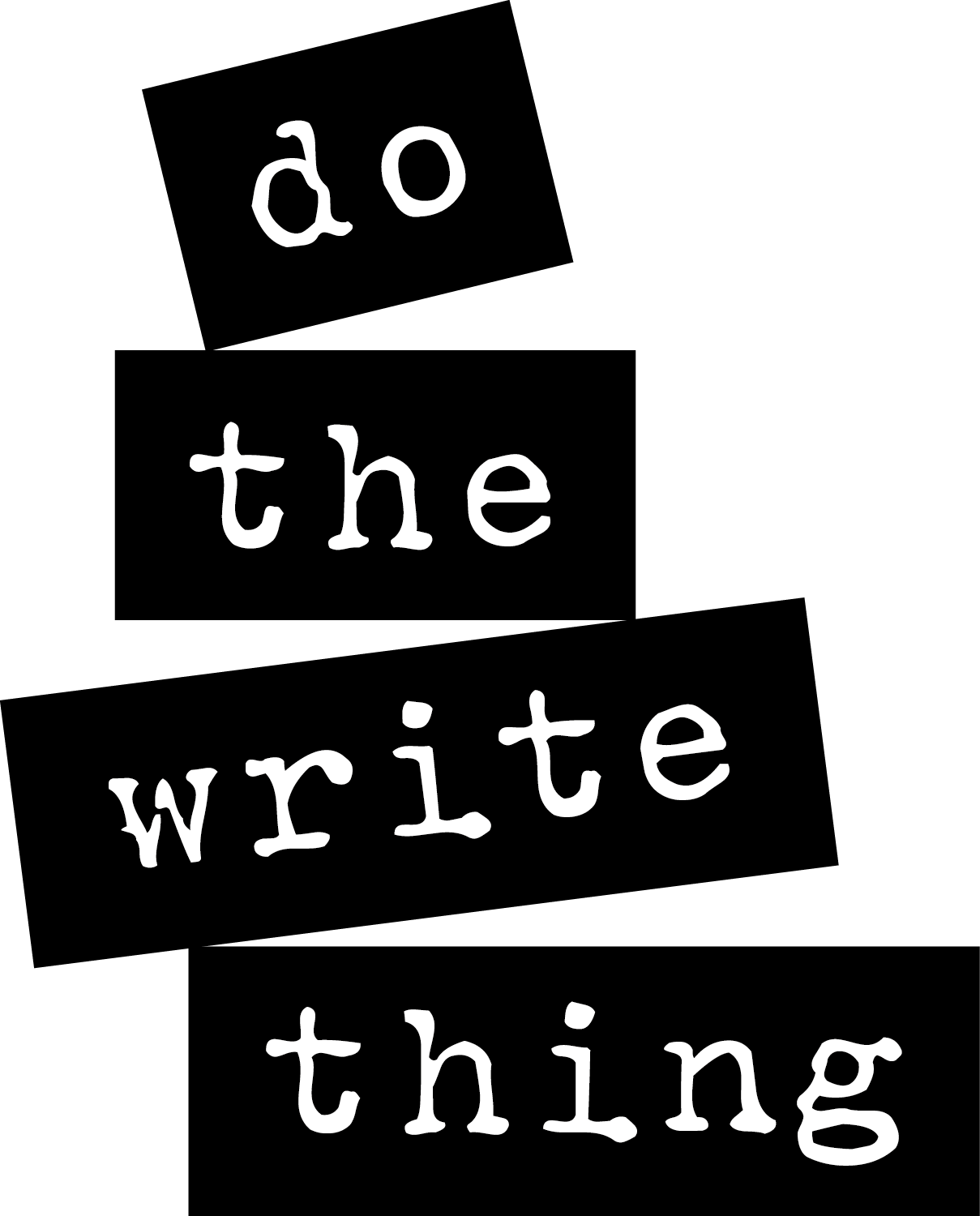Events
In the good old days before the cuts we used to run lots of national events, seminars and workshops – most notably our Home Truths series (on domestic violence), The Write Way (effective writing and recording skills in social care) and Arts’n’Care (how the arts can be used effectively in social and health care). We do hope to bring these back at some point.
These days we are more selective about events. We have been doing a lot of work on child neglect. Our national event in 2015 – The neglected child – was very well received. We may rerun this very soon. However, we have also adapted the programme to be an event that comes to you. This proved very successful in partnership with Middlesbrough LSCB and in the Isle of Wight. Our unique approach provides people with practical solutions they can use in everyday practice (rather than the usual stats and policy overviews way) and includes interactive real-life case studies with actors. See below for a programme example:
the neglected child
- the one-day interactive learning event that comes to you
Why is this subject important?
Neglect can have devastating long-term consequences for children and is the most frequently reported form of child abuse. However, the notion of neglect (which can come in many forms) is so complex that it makes it really difficult to identify and assess. It is a constant challenge for all of us.
How will this event help me?
Using real case studies, this event will help those who work with children – practitioners and managers – understand the importance of neglect and how to spot it. And, crucially, what then to do about it. There are four types of neglect – each of which requires radically different interventions. By not recognising this we can waste 85% of the money we spend on neglect.Our dramatic reconstructions of real case studies shine a powerful light on what it must be like for a child living with neglect.
What will I learn? You will learn:
- the four types of neglect;
- how to spot neglect;
- why early intervention is essential;
- to see neglect as a pattern and not an incident;
- why we must look to the past; and
- how to analyse the facts to come to a sound judgement.
“I always feel guilty about the child neglect cases. It seems so harsh making judgements about parents who are living in abject poverty” - a social worker
“It’s difficult knowing where to draw the line on neglect.
My 14 year old says he’s neglected if he doesn’t get the same trainers as everyone else in his class.” - a community
mental health nurse
do the write thing: (e) office@dothewritething.co.uk


